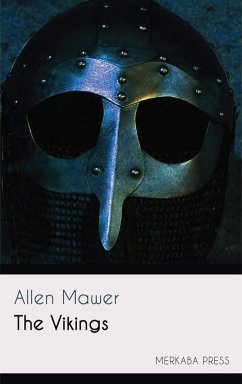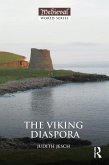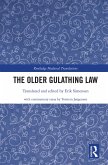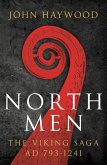It is in the broader sense that the term is employed in the present manual. Plundering and harrying form but one aspect of Viking activity and it is mainly a matter of accident that this aspect is the one that looms largest in our minds. Our knowledge of the Viking movement was, until the last half-century, drawn almost entirely from the works of medieval Latin chroniclers, writing in monasteries and other kindred schools of learning which had only too often felt the devastating hand of Viking raiders. They naturally regarded them as little better than pirates and they never tired of expatiating upon their cruelty and their violence. It is only during the last fifty years or so that we have been able to revise our ideas of Viking civilisation and to form a juster conception of the part which it played in the history of Europe...
Dieser Download kann aus rechtlichen Gründen nur mit Rechnungsadresse in A, B, BG, CY, CZ, D, DK, EW, E, FIN, F, GR, H, IRL, I, LT, L, LR, M, NL, PL, P, R, S, SLO, SK ausgeliefert werden.









